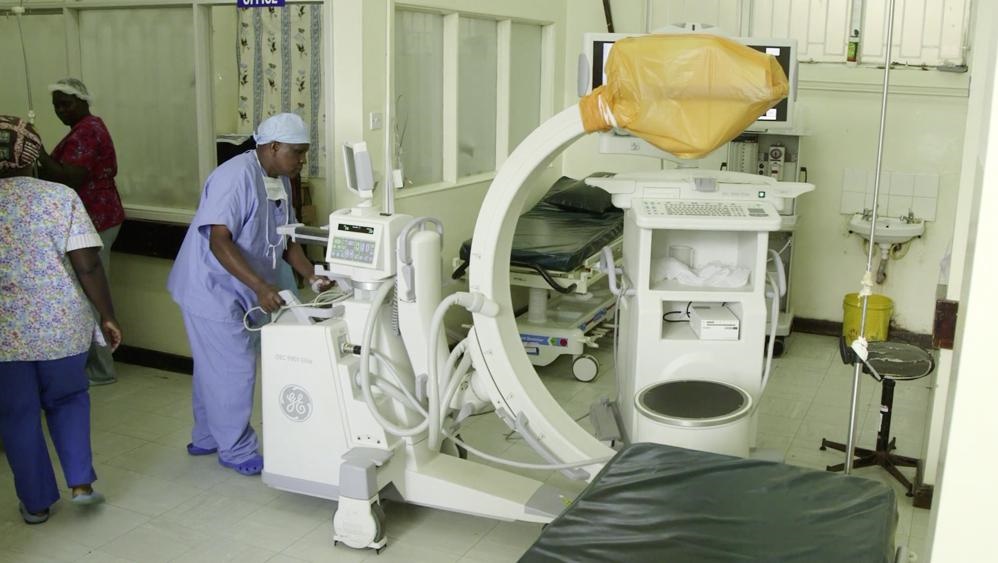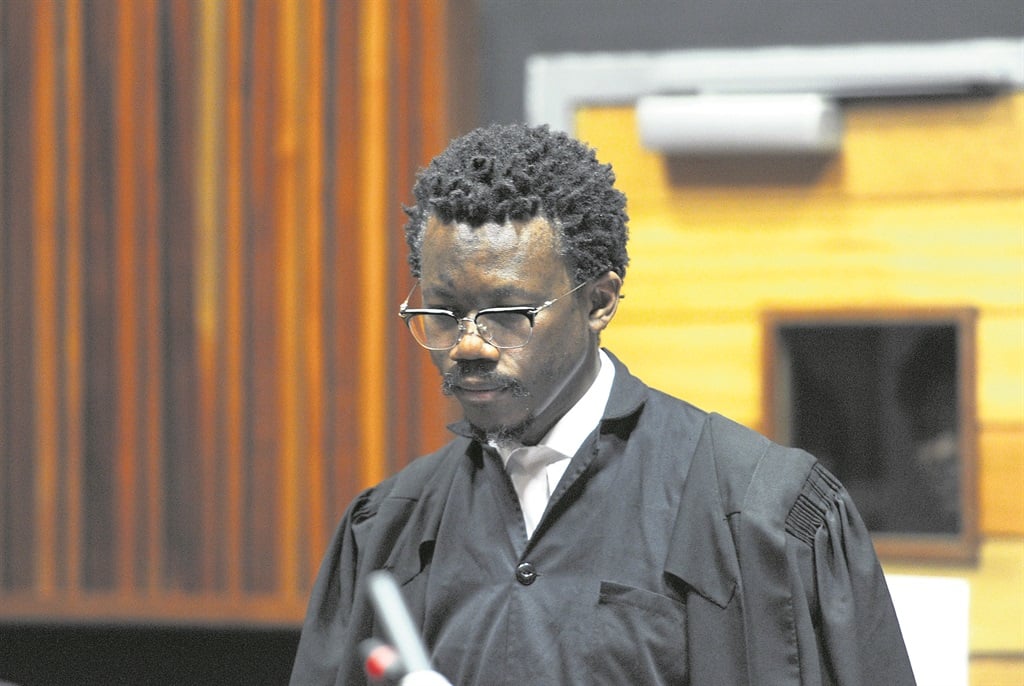
Medical schemes’ blacklisting of doctors leads to severance of decades-long relationships of trust
As the private healthcare sector braces itself for the release of the final report by the Competition Commission’s Health Market Inquiry tomorrow – which is likely to entrench its earlier call for wide-ranging structural and regulatory changes in the sector – this week a separate investigation heard of the frustration felt by the people at the heart of the industry, namely the patients.
Last year the Health Market Inquiry released damning preliminary findings on the conduct of the private healthcare sector, which it had begun investigating in 2014.
Led by former chief justice Sandile Ngcobo, the preliminary report described how the industry was characterised by rising costs of healthcare and medical scheme cover, and disempowered and uninformed consumers – among other findings.
The private healthcare sector was criticised by the inquiry for its consistently rising medical scheme premiums, accompanied by increasing out-of-pocket payments for the insured, almost stagnant growth in covered lives, and the progressively decreasing range and depth of services covered by medical scheme options.
This week the section 59 investigation into the alleged racial profiling of black and Indian health professionals by medical aid schemes and administrators heard more claims from practitioners whose practices were allegedly arbitrarily flagged as “outliers” by schemes.
The investigation is being conducted on behalf of the Council for Medical Schemes and is chaired by Advocate Tembeka Ngcukaitobi.
Chief among the allegations levelled was that the schemes demanded confidential patient clinical history files from practitioners, and on denial of these, had the practitioners’ payments for services rendered withheld.
But it was the testimony from patients of the practitioners – some of whom had a history dating as far back as 20 years with one doctor – which told of the real impact the blacklisting of doctors by schemes had on people on the ground.
East London-based general practitioner Dr Nonkosi Ngumbela – who has been in practice for 30 years – testified to never having had issues with medical scheme repayments for her services up until February last year.
Most of her patients, she said, were members of Bonitas, which is administered by Medscheme.
They found themselves left in the lurch from June last year, when Medscheme blacklisted her practice and wouldn’t pay for their consultations with her.
All this allegedly because she refused to provide them with the patients’ private clinical notes as part of the administrator’s investigation into her practice.
Dr Ngumbela had testified that her clientele was “100% black”, chronically ill, working class and mostly on lower cost options – meaning most of them could not afford paying fees upfront to consult her.
One such patient was Babalwa Sikiti, a patient of hers since 1999.
“Last year in July, I had gone into her practice for a regular check-up and was told that the doctor wasn’t taking Bonitas patients anymore. When I asked why, I was told it was because she was removed from the list of doctors paid by Medscheme. I called Bonitas the next day, and the lady on the line confirmed it,” she began.
Sikiti said the call centre operator advised her to find another doctor, take down their practice number and call again to verify if they were part of the scheme’s network of paid providers.
Read: When patients become casualties in war between doctors and medical aids
Grudgingly, she did so. “I’m not going to lie, that whole experience was devastating for me, having to go to a new doctor who knows nothing about me. But I did. I registered at a new surgery. I had all my scripts in my bag and said: ‘This is my situation’ and explained I was Dr Ngumbela’s patient.
“The lady doctor told me she had heard what had happened to Dr Ngumbela and that she had had the same problems and even had to go to a psychiatric clinic because of what she went through,” Sikiti continued.
She told of the personal relationship, based on trust and years of cultivation, which doctors had with their patients.
“These doctors aren’t even counsellors but go through things with you on a personal level and that counts for a lot. I felt bullied (by Medscheme) because there was nothing I could do. I felt undermined as the person paying for the medical aid that all of a sudden I had to change my doctor. They (Medscheme) didn’t even call me to notify me about the changes and give me time to look for another doctor,” she added.
Another one of Dr Ngumbela’s patients, Phumezo Mtusanto, who had been with her for 18 years, also spoke of his shock when he found out his contracted scheme, Polmed, was no longer paying for his consultations with the doctor, early last year.
“Dr Ngumbela would go as far as visiting you at your home. She went the extra mile and those are the things we care about in Xhosa culture; those things build confidence. It felt like I was divorcing my wife,” he stated.
Another patient and Bonitas member, Buyisile Pani, audibly upset, said that he, too, abruptly found out the scheme no longer paid out for consultations with Dr Ngumbela.
He complained of having to move from a doctor who spoke his mother tongue of isiXhosa to a white doctor recommended by his scheme, because he struggled with English.
Next month, on October 17, the investigation is set to hear from the schemes and administrators themselves regarding the allegations that have been levelled at them.
Have you had a similar experience to these patients in being forced to find another doctor after yours was blacklisted by a medical aid? How did it affect you and your family?
SMS us on 35697 using the keyword MEDICAL and tell us about your experiences. Please include your name and province. SMSes cost R1.50. By participating, you agree to receive occasional marketing material.




 Publications
Publications
 Partners
Partners










